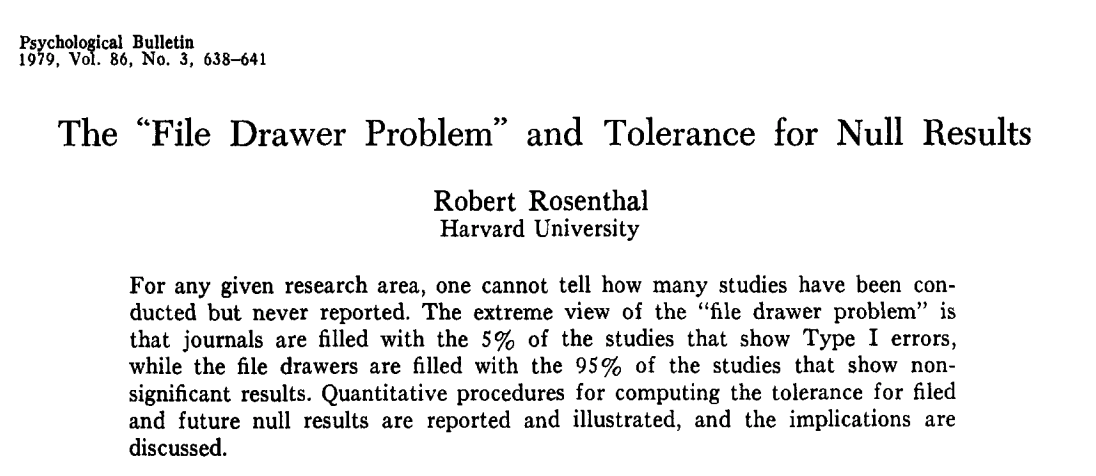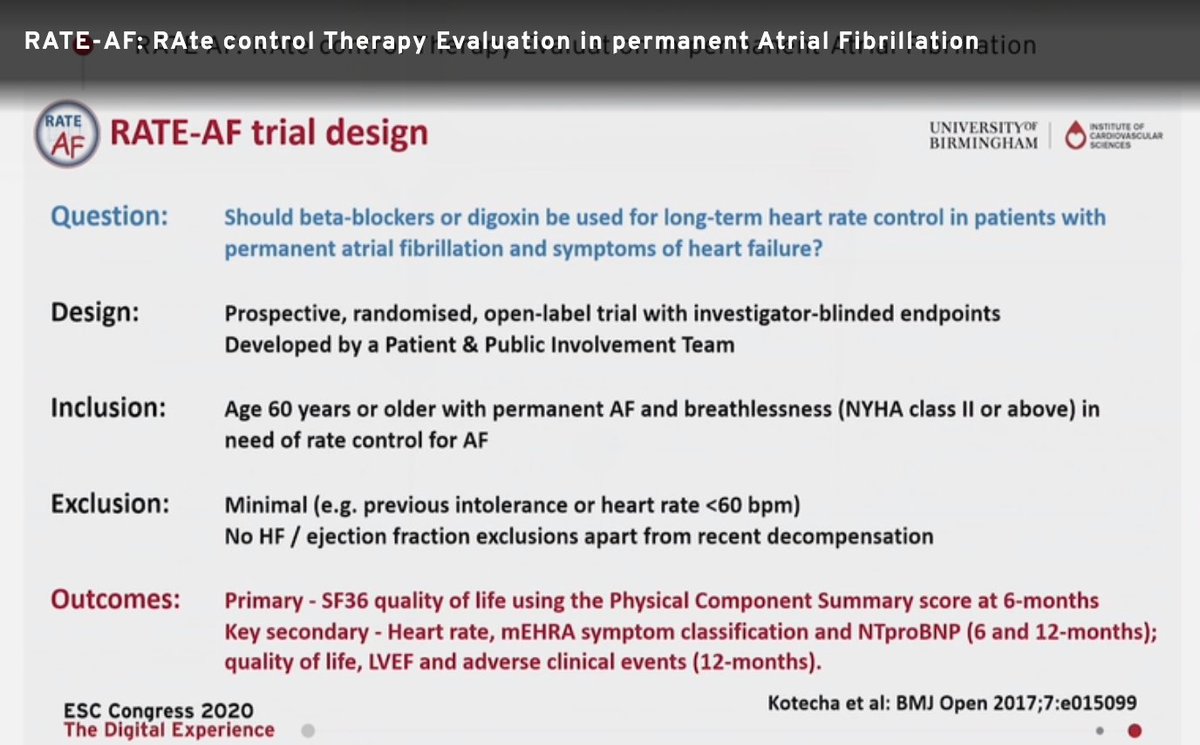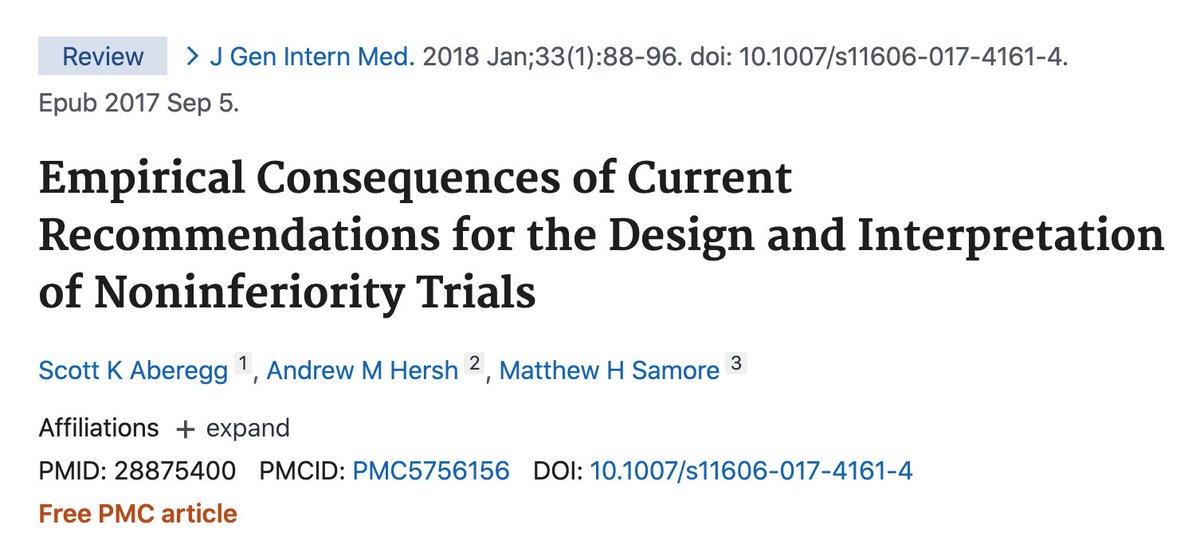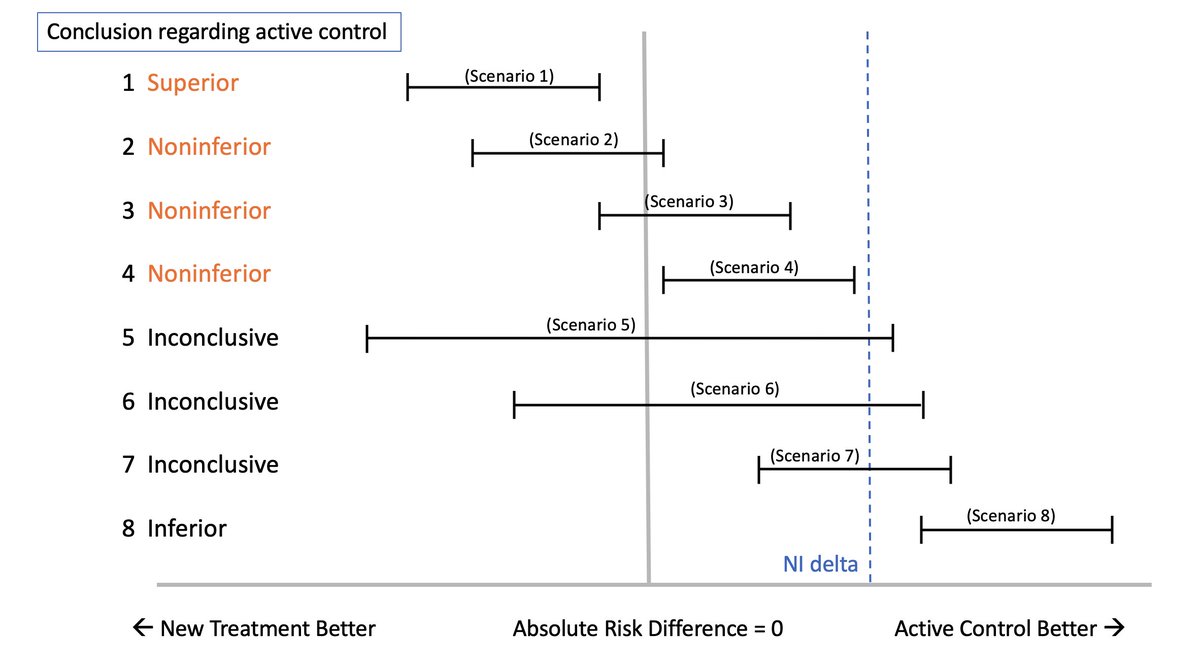
Pure gold in this convo on #covid19
Why has @youyanggu been so accurate modeling?
Go to 39-minute mark and replay his words 100x
“When the data do not fit what I expected, I change my beliefs”
If only this was allowed in COVID science!
Brief thread 👇
Why has @youyanggu been so accurate modeling?
Go to 39-minute mark and replay his words 100x
“When the data do not fit what I expected, I change my beliefs”
If only this was allowed in COVID science!
Brief thread 👇
https://twitter.com/plenary_session/status/1370509641709359107
This principles in this podcast are so darn important for critical appraisal
@youyanggu lack of prior infectious disease knowledge is a feature not a bug.
It allows a dispassionate interpretation of evidence.
Say it w me: **content expertise is over-rated!**
2/
@youyanggu lack of prior infectious disease knowledge is a feature not a bug.
It allows a dispassionate interpretation of evidence.
Say it w me: **content expertise is over-rated!**
2/
I’m all about Bayes, but the novel-ness of COVID-19, and the fact that it’s a once-in-a-lifetime pandemic, should reduce (or eliminate) any prior beliefs.
I dare say the frequentist-like approach may have been better for Covid.
4/
I dare say the frequentist-like approach may have been better for Covid.
4/
The other reason to listen to this podcast is to hear how silly the ecological studies cited by CDC are.
Rule 1— never ever use howler-science to promote a public policy like masks or in-person school or anything
Just say we don’t know, but here is our best judgement.
5/
Rule 1— never ever use howler-science to promote a public policy like masks or in-person school or anything
Just say we don’t know, but here is our best judgement.
5/
It’s not the 1980s
People can look up stuff.
When they learn that you cite howler science, they are less likely to believe you when you cite good science, such as vaccine trials.
People can look up stuff.
When they learn that you cite howler science, they are less likely to believe you when you cite good science, such as vaccine trials.
• • •
Missing some Tweet in this thread? You can try to
force a refresh











